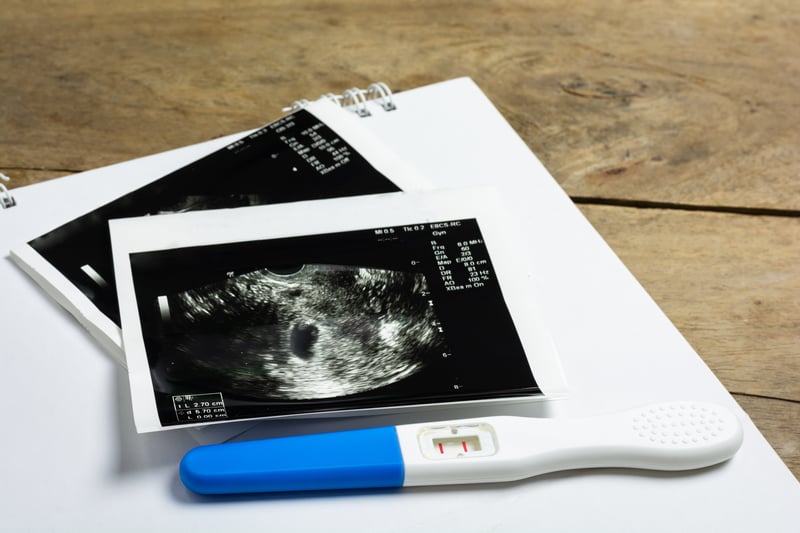Get Healthy!

- Cara Murez
- Posted May 1, 2023
Feds Say Two U.S. Hospitals That Denied Emergency Abortion Broke the Law
Denying a woman an emergency abortion and risking her life broke U.S. federal law, a federal government investigation contends.
The woman, who went into premature labor after her water broke at 17 weeks was denied the lifesaving procedure last August at two hospitals that are now the center of an investigation: Freeman Health System in Joplin, Mo., and University of Kansas Hospital in Kansas City, according to the Associated Press.
Despite the fact that doctors at both hospitals told Mylissa Farmer that she was at risk of serious infection, could lose her uterus and the fetus would not survive, they also said they would not terminate the pregnancy to save her because they could still detect a heartbeat, the AP reported.
"Fortunately, this patient survived. But she never should have gone through the terrifying ordeal she experienced in the first place,"U.S. Health and Human Services Secretary Xavier Becerra told the AP. "We want her, and every patient out there like her, to know that we will do everything we can to protect their lives and health, and to investigate and enforce the law to the fullest extent of our legal authority, in accordance with orders from the courts."
The investigation is the first of its kind that the U.S. Centers for Medicare & Medicaid Services (CMS) has publicly acknowledged, the AP reported. It shows the impact of changing abortion laws around the country after the Supreme Court overturned Roe v. Wade last June.
U.S. federal law takes precedence over state law and requires that doctors provide an abortion when a woman's health is at risk.
When a hospital receives Medicare and Medicaid money, as most do, the federal government can investigate it for violating the law, the AP reported.
Farmer, who lives in Joplin, did survive after she traveled to an abortion clinic in Illinois.
"It was dehumanizing. It was terrifying. It was horrible not to get the care to save your life,"Farmer told the AP. "I felt like I was responsible to do something, to say something, to not have this happen again to another woman. It was bad enough to be so powerless."
CMS sent notices to the hospitals warning of the law violation. It also asked them to correct the problems that led to Farmer not getting emergency care, the AP reported.
Federal investigators plan to follow up with the hospitals. CMS did not announce any penalties or fines.
Although most abortions are banned in Missouri, exceptions exist for medical emergencies. Abortion was still legal in Kansas up to 22 weeks at the time Farmer was seen in that state.
Becerra sent a letter Monday to hospital and doctor associations about the investigations. He said he hopes this clarifies that they must follow the federal Emergency Medical Treatment and Labor Act (EMTALA).
"While many state laws have recently changed,"Becerra wrote, "it's important to know that the federal EMTALA requirements have not changed, and continue to require that health care professionals offer treatment, including abortion care, that the provider reasonably determines is necessary to stabilize the patient's emergency medical condition."
More information
Pew Research Center has more on abortions in the United States.
SOURCE: Associated Press




